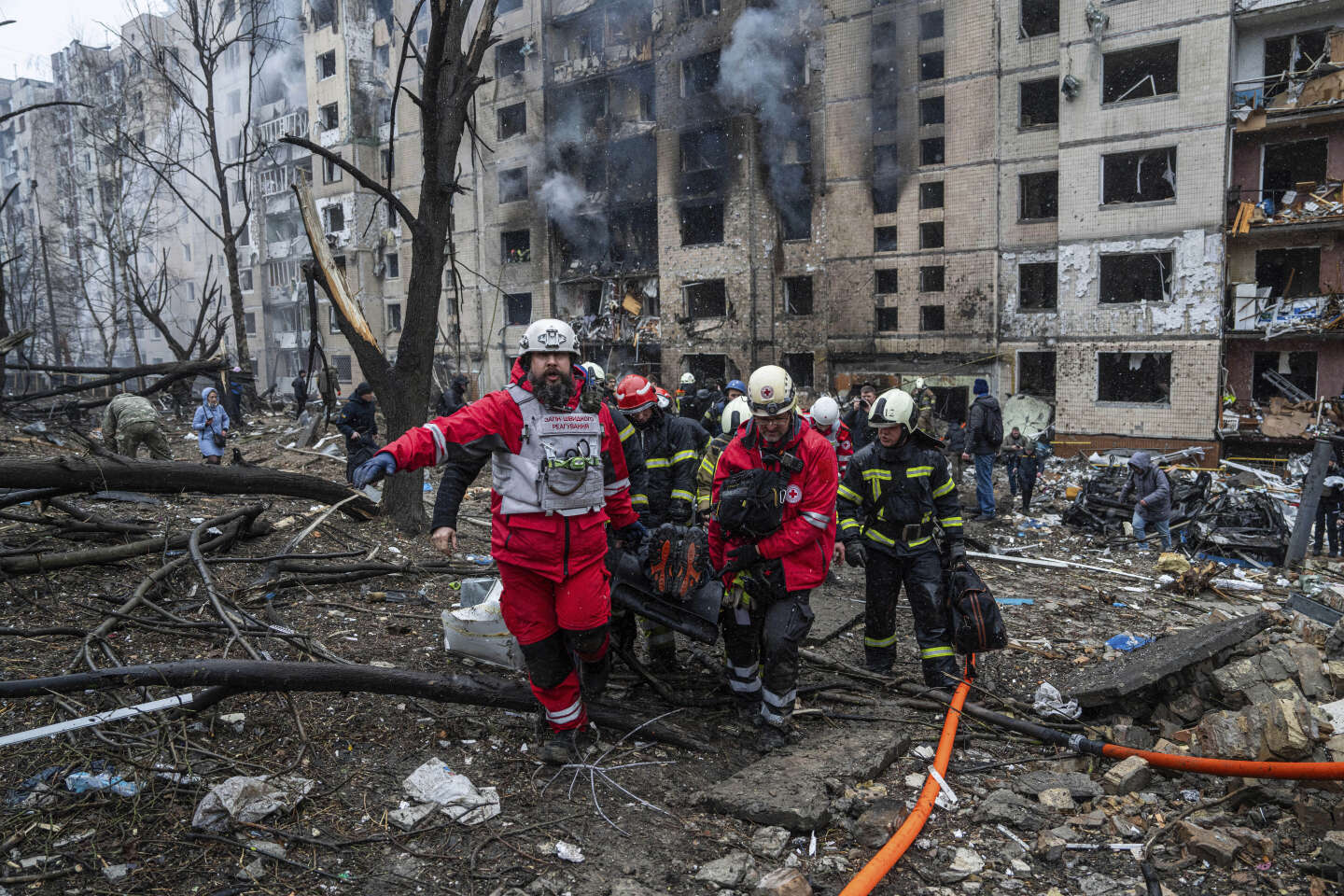


The New Year was greeted in Ukraine not by fireworks but by a shower of Russian missiles and Iranian drones sent by Moscow on several cities in the country, including the capital Kyiv, in response to the strikes that hit the Russian city of Belgorod on December 29, 2023. Russia's war with Ukraine, which will enter its third year on February 24, is total, difficult, costly, and terribly deadly on both sides. It promises to be a long one. So it's hardly surprising that we're looking for non-military means to bring it to an end.
In the US, where pro-Ukraine enthusiasm is waning as fast as pro-Trump fervor is rising, voices are being raised in favor of an armistice. They have become all the more insistent since, in early December 2023, Congressional Republicans blocked the vote on a $60 billion aid package for Ukraine. The reasoning is simple: Ukraine can't win this war militarily, it doesn't have the human resources to do so against an adversary with three times its population. Furthermore, its Chief of the General Staff General Valeriy Zaluzhny recognizes that his counter-offensive is going nowhere. What's the point of throwing billions of dollars at a war of attrition that could last for years with no results?
Shortly before Christmas, an article in the New York Times added weight to this option. Despite his facade of triumphalism, the authors assure us, President Vladimir Putin is quietly sending the message, through intermediaries, that he is open to negotiating a ceasefire in Ukraine, provided he can present the negotiation at home as a victory. In such a scenario, Putin would be "satisfied" with the territorial gains made so far – at the very least not far from 20% of Ukrainian territory.
'Manageable war'
Several other texts published in recent weeks in the US press or on geopolitical research sites point to a similar conclusion. Some have noted an interesting semantic shift, on the occasion of the visit of Ukrainian President Volodymyr Zelensky in December: President Joe Biden no longer says that his country will support Ukraine "for as long as it takes," but "for as long as it can."
The Biden administration's strategy has evolved, Politico magazine posits; it's no longer a question of helping Ukraine win a total victory, but of putting it in a better position in the event of negotiations to end the war. Serge Schmemann, editorial writer for the New York Times, a connoisseur of Russia and hardly a Putinophile, encourages Kyiv not to see victory only in "territorial terms."
You have 55% of this article left to read. The rest is for subscribers only.
